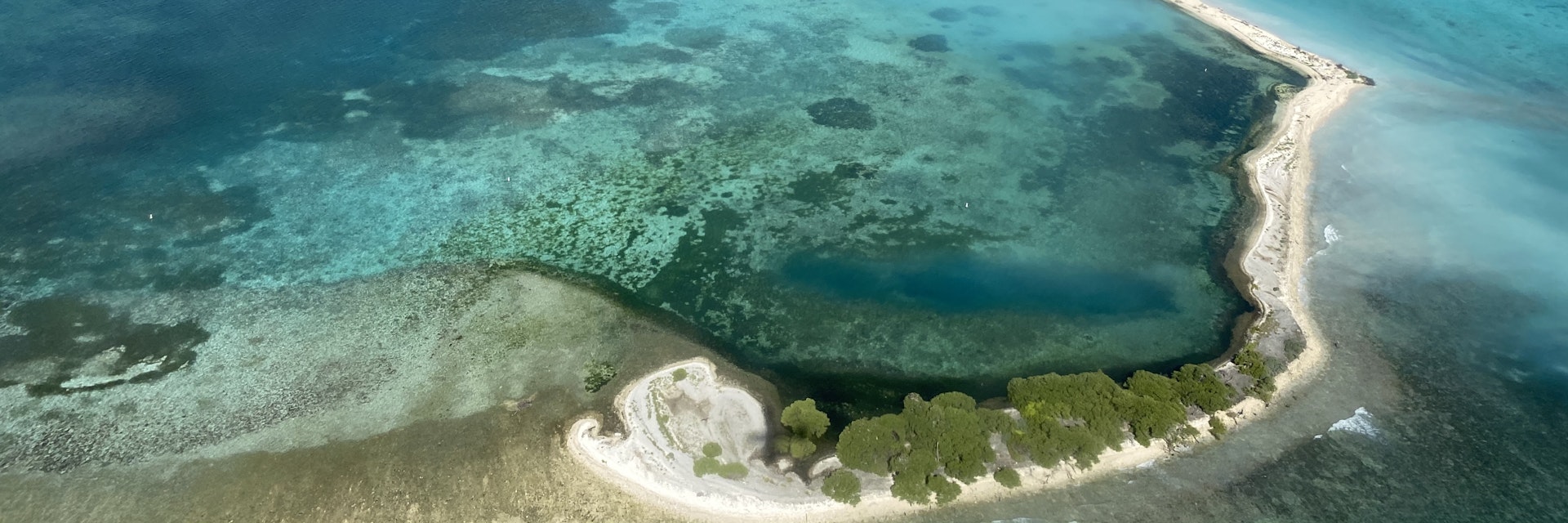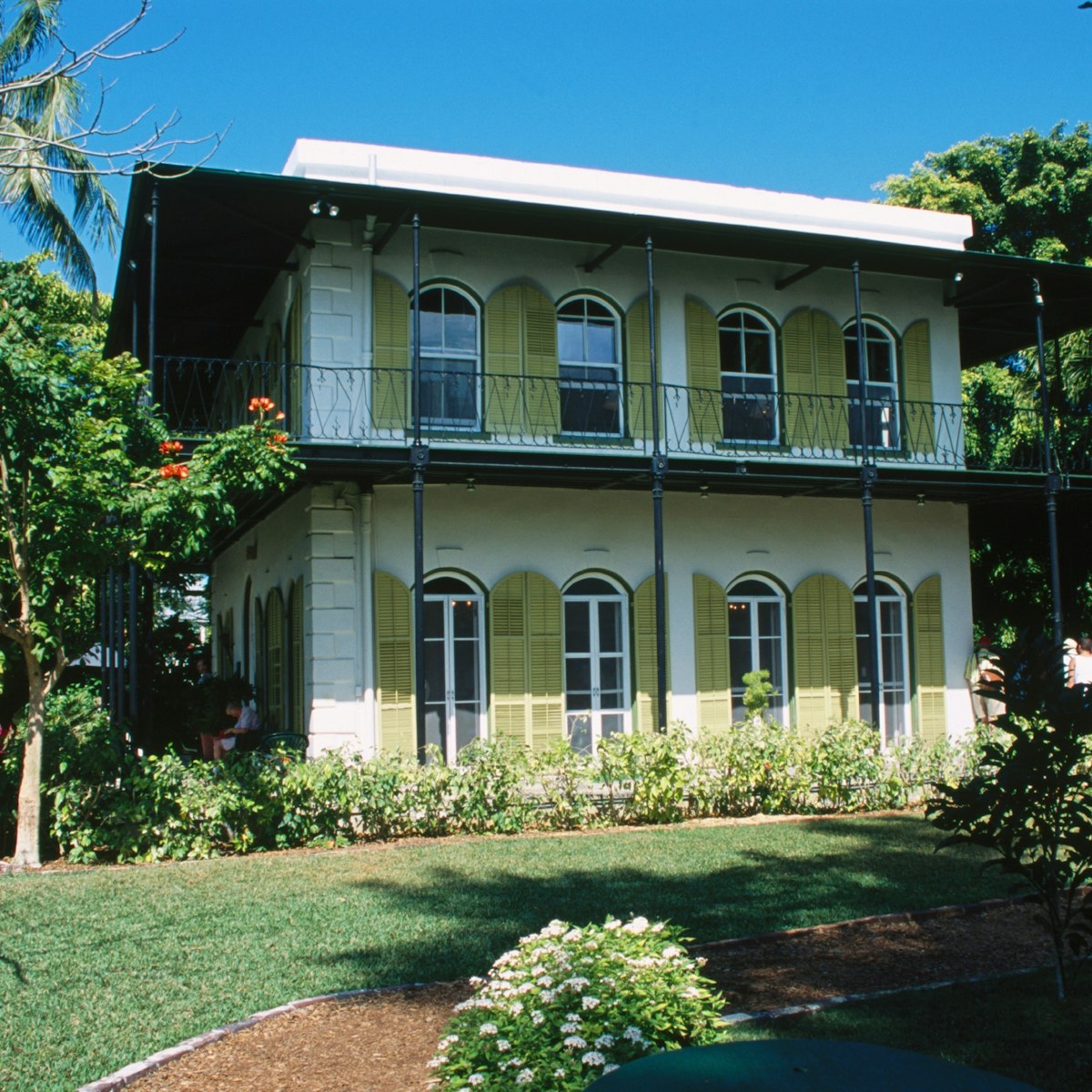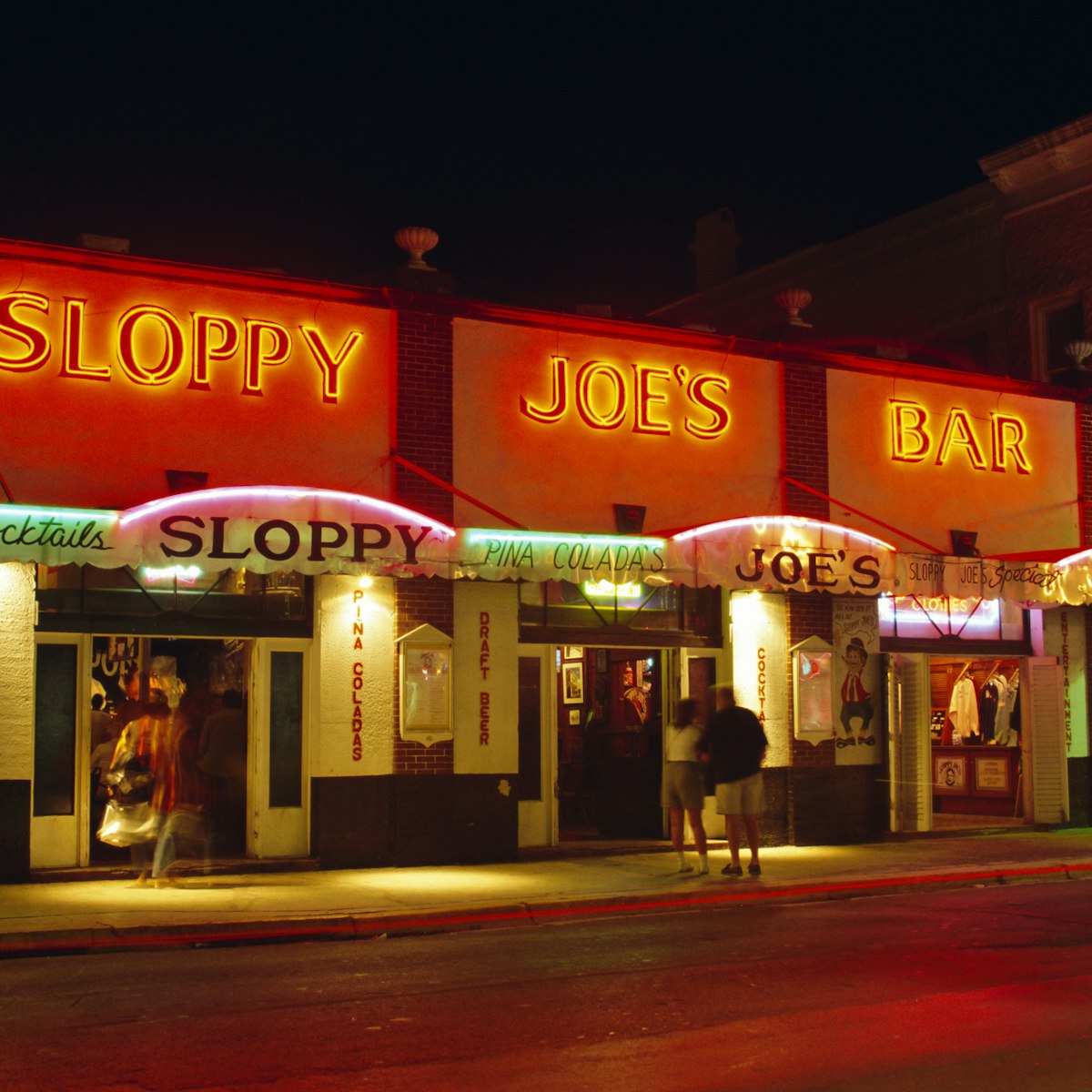Dry Tortugas National Park is America's most inaccessible national park. Reachable only by boat or seaplane, it rewards you for your effort in getting there with amazing snorkeling amid coral reefs full of marine life. You'll also get to tour a beautifully preserved 19th-century brick fort, one of the largest such fortifications in the USA despite its location 70 miles off the coast of Key West.
On paper, the Dry Tortugas covers an extensive area – over 70 sq miles. In reality only 1% of the park (about 143 acres) consists of dry land, so much of the park's allure lies under the water. The marine life is quite rich here, with the opportunity to see tarpon, sizable groupers and lots of colorful coral and smaller tropical fish, plus the odd sea turtle gliding through the sea.
Explorer Ponce de León named this seven-island chain Las Tortugas (The Turtles) for the sea turtles spotted in its waters. Thirsty mariners who passed through and found no water later affixed ‘dry' to the name. In subsequent years, the US Navy set an outpost here as a strategic position into the Gulf of Mexico. But by the Civil War, Fort Jefferson, the main structure on the islands, had become a prison for Union deserters and at least four other people, among them Dr Samuel Mudd, who had been arrested for complicity in the assassination of Abraham Lincoln. Hence a new nickname: Devil’s Island. The name was prophetic: in 1867 a yellow-fever outbreak killed 38 people, and after an 1873 hurricane the fort was abandoned. It reopened in 1886 as a quarantine station for smallpox and cholera victims, was declared a national monument in 1935 by President Franklin D Roosevelt, and was upped to national park status in 1992 by George Bush Sr.
You can come for the day or overnight if you want to camp. Garden Key has 10 campsites ($15 per person, per night), which are given out on a first-come, first-served basis. You'll need to reserve months ahead through the ferry Yankee Freedom III, which takes 10 passengers only per day, to and from the island. There are toilets, but no freshwater showers or drinking water; bring everything you’ll need. You can stay up to four nights. The sparkling waters offer excellent snorkeling and diving opportunities.







